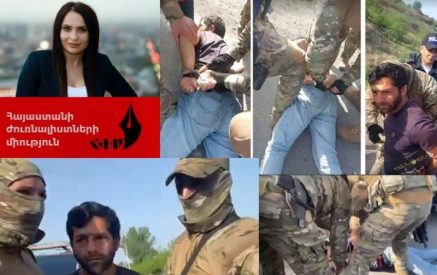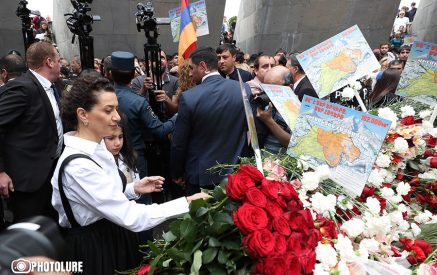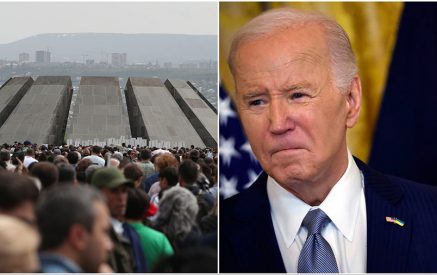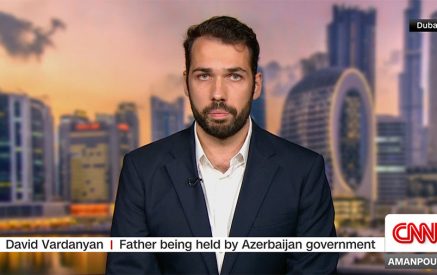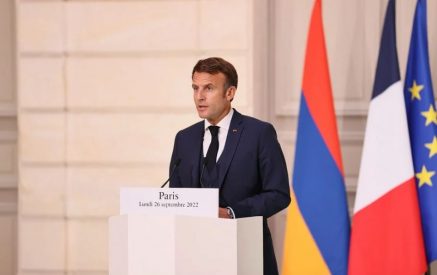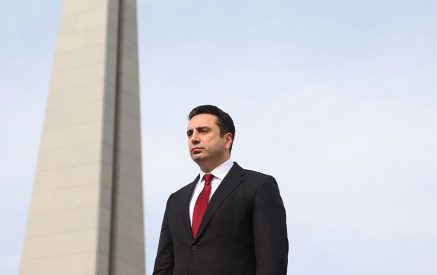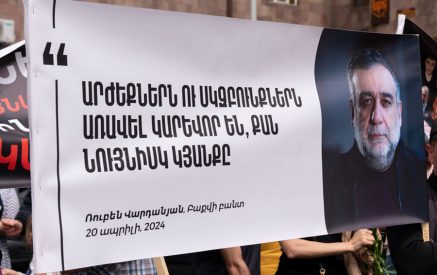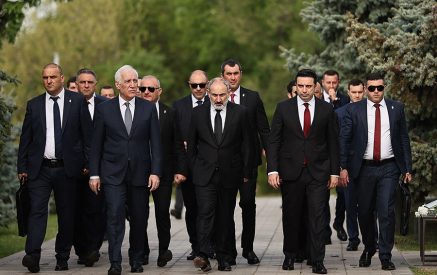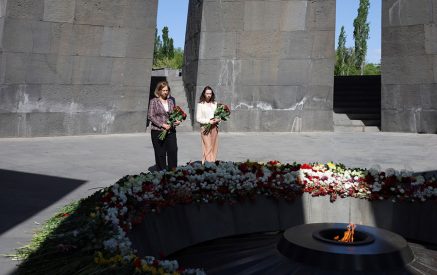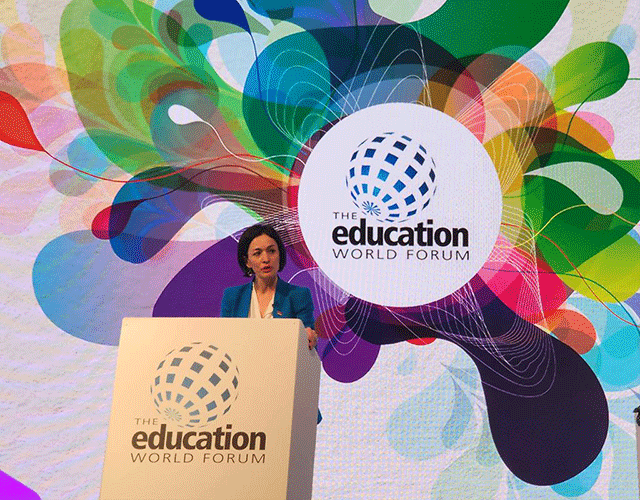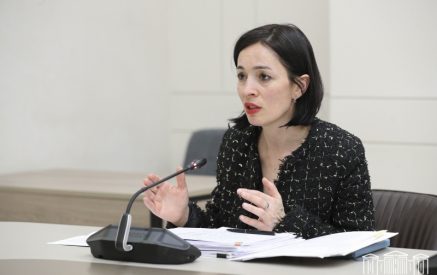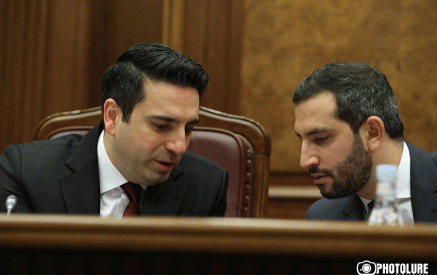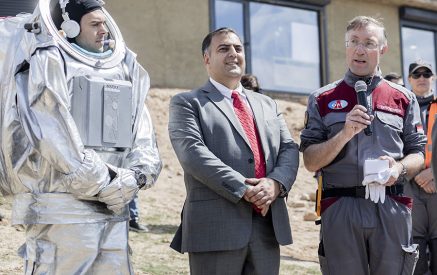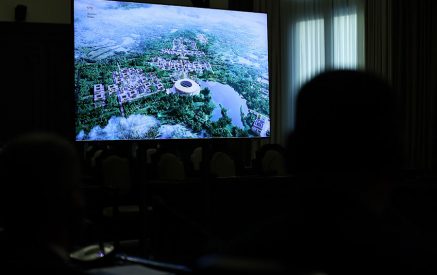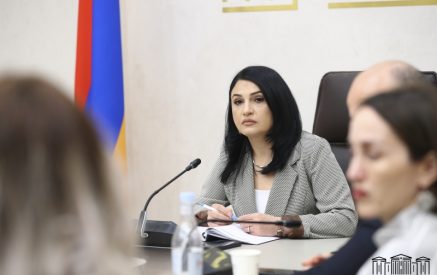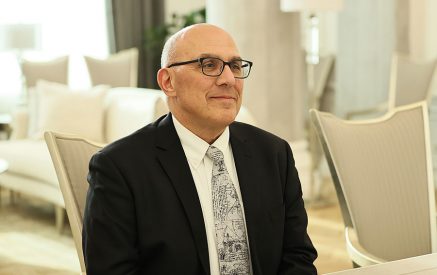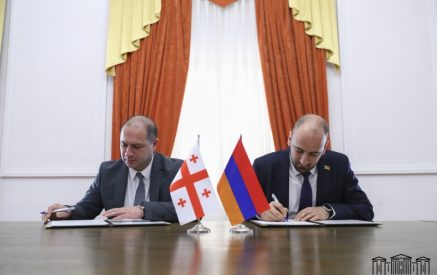RA Minister of Education, Science, Culture and Sports Zhanna Andreasyan’s speech at the Education World Forum in London.
Honorable guests,
Colleagues,
Read also
Dear participants,
When I was a kid and my parents told me not to do this or that. In most cases, I would listen to them and would not do what they think was wrong. Now when I am asking my kids not to do anything I receive a question back: why? And there is no chance that they will follow my request if the evidence is not enough for them, and even if there is enough evidence they may say that they have a different opinion and that’s it.
So the way of leadership that will work for me and our generation obviously will not work and is not working for our kids.
Yesterday there was a huge talk about the learning crisis and the changes that the education system needs. But no change can happen if we don’t have relevant leadership for the process. At all levels.
In Armenia, we are in the process of intensive reforms in the education system which include changing the whole system: curriculum, teacher professional development programs, school governance and financing system, and infrastructure.
In the frames of reforms, we have a three-dimensional approach to leadership in education: education is about the leadership, education is for the leadership and education is through the leadership.
The first dimension is that education is about leadership,
Saying that education is about leadership I mean first of all the importance of civic education. In this fluctuating and changing world, the only thing guiding us through the challenges and uncertainties is the value of democracy and human rights, the value of citizenship.
Strong citizens mean strong leaders in their lives, ones that are able to make decisions, take responsibility, and guide and organize the processes to succeed not depending on a specific specialization or profession.
So the core of education is to teach and enhance the leadership competencies among students as one of the significant components of civic education.
We are in the process of curriculum reform, piloting a new curriculum for almost two academic years and what we see now, is that the number of extracurricular activities, including projects that have a strong civic component, has increased by more than 100 percent compared to the pre-pilot period. We need to understand that our kids are learning more and more outside the school and we need to make schools open learning environments not to compete with the other learning experiences of the child but to complement each other. That is why we are integrating a credit system in our schools which allows considering the other learning experiences and making them part of the program. Moreover, the credit system in schools will allow us to consider those credits also for higher and vocational education, making them more coherent, time and cost-effective. We have a network of non-formal and innovative IT courses and programs supporting school education not only in Armenia but also expanding to other countries. For example, TUMO centers are really innovative hubs of creative education, based on a specific methodology of gradual approach from self-learning to teamwork, outside Armenia we have TUMO centers in Beirut, Paris, Tirana, Kiev, Moscow, Lion, and we have an interest from Portugal, Mexico, Japan, and more countries. Another innovative approach is “Armath” laboratories, which are engineering laboratories, operating inside schools but staying as non-formal education. We have “Armath” laboratories in most of our schools but not only. There are “Armath” laboratories in India, the US, Bangladesh, and Kuwait and they are also spreading. In the frames of the credit system starting from this academic year, we will integrate a special course for artificial intelligence for high schools and will see how it works for better results.
The second dimension is education for the leadership.
Here I mean that education, as one of the main channels of human development, as a public good, is itself part of human and public leadership. Education serves the public and civic leadership as a resource and as an environment. Just to give you an example. Nowadays we see how fake news and fake realities occupy more and more space in our lives and more people are under the impression of media manipulation. Often it is quite difficult to understand what is real and what is not. Media manipulation makes people more manageable and governable. All of us observe the growing need for media literacy and competency. So education becomes the way to stop media manipulation and to free the voices and choices of people. Or we often see how education is being used not to solve conflicts and spread peace but to deepen existing differences and make them fundamentally dividing people and societies. But we can and we must use education to unite people, to provide opportunities for dialogue, and to strengthen peace. That is why education should be for real leadership because it could serve public development, democracy, and peace.
And finally, education is through leadership. To have the education we just described, we need real leaders: teachers that act as leaders, school directors that act as leaders, and all the other important actors in the field that act as leaders.
What does it mean: to act as a leader in education?
It means first of all to build self-confidence among main educational actors, providing them pedagogical autonomy to implement the projects that they see necessary to achieve the results.
Autonomous schools and autonomous teachers are a must for the creative learning environment. Through our curriculum reform, we make our schools and teachers more autonomous. They are free to develop their own programs based on the national curriculum, their own pedagogy, and their own approach. But of course, it also requires an internal system of checks and balances inside the school, which means that autonomous schools are the ones that have internal participatory processes for decision-making, involving teachers, parents and students. The way how we are integrating the new curriculum is also based on autonomy. We have established a decentralized network of mentor schools around the country, which are working with the other schools, providing them with training and mentorship for the whole process. Through this, we are building capacity around the system making them less dependent on the central agencies.
Another important thing that we need to do is to clarify the requirements for the school leadership. What do we expect from the school directors? Should they be good operational managers? Or should they be good leaders of the educational processes, meaning the content of education? Or should they do both and even more? We think, and this is part of the school governance reform currently undergoing in Armenia, that it should be better to distinguish the operational management of schools from the leadership of educational processes. Operational management could and should be done by specialized managers, some parts of the functions could even be outsourced. But the school leaders should concentrate on the core educational processes and become real leaders for that. We separated the two different functions for the school governance, allowing school directors to concentrate on the results of the education. We introduced a performance-based approach setting requirements for the school directors to present their vision for school development including key performance indicators for the upcoming years and connecting the results of the implementation of their program and level of achievement of the key performance indicators with the possibility of prolongation of the contract with the school director and also connecting it with the possible increase of the salary of director.
And last but not least.
What about us? Education leaders sitting in this room, talking about how to change education.
To be a leader in education means never stopping learning yourself and never being afraid to recognize and accept your own mistakes and failures when they happen.
And for sure it means following the values that we are talking about. To have better education for our kids we need better peace, better democracy and human rights.
Thank you!

